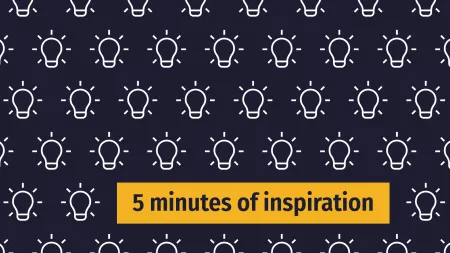Nearly 30,000 people have had safe drinking water for the past 3 years, because CARE figured out how putting communities in charge, and making sure they had women in leadership, build stronger systems than just building wells. It’s not just those communities who are better off. The government of Honduras is also scaling our approaches to reach more people.
The PASOS project (Promoting Local Management of Government and Water Sanitation Sector to Benefit the Poor) ran from 2006-2012 with a $5 million grant from Global Affairs Canada.
What did we accomplish?
- Cleaner water to happy consumer: The project built 13 community water systems with local water management boards. 6 years later, all of these systems are still functioning. They serve 23,986 people with continuously high rates of customer satisfaction.
- Protected environment: Communities and the boards are all following through on their 6-year plans for protecting the watersheds where they live and making sure that water stays clean and available in their environment.
- Healthier kids and families: Communities say that there is less diarrhea and lung infections than they used to have—which they say is a result of the water systems and clean stoves the project built.
- Women in leadership: The number of women who participate in water management boards has gone from 40% of membership to 50%. Women say that this participation has helped them be more confident and become leaders in other parts of their lives and communities.
- Impact at scale: Because it worked so well and sustainably, the government of Honduras is using the PASOS model to build new water systems around the country.
How did we get there?
- Put the communities in charge: communities feel like they own the system, and that they are confident to manage crises when they arise. The water management boards feel that the support they got during the project makes them capable of running things alone now.
- Build skills before infrastructure: The project invested heavily in training the boards before they started constructing new pipes and wells. This included getting communities involved in planning the water system so that it was theirs. 100% of the boards have full legal status and government support, and credit PASOS with this change.
- Invest in making information available: The project designed a set of standard tools for how to create and run community water systems, and made them all available online. These tools continue to be available online for communities and anyone who wants to use them, especially local governments.
- Build transparent markets: The water systems are all built on a transparent fee structure that helps pay for system maintenance. People pay small amounts for water, and particularly poor people can get a waiver to help cover the costs—so communities think this fee system is fair and working for them.
Want to learn more?
Check out the post-project evaluation.
